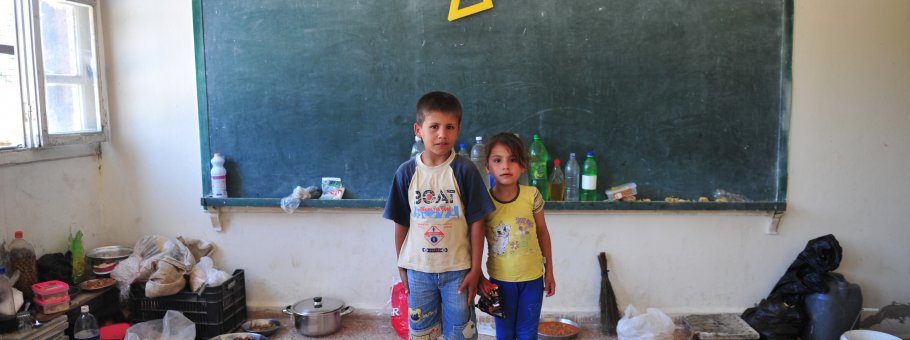-
Zakat for Humanitarian Aid and Development
Zakat for Humanitarian Aid and Development
Zakat for Humanitarian Aid and Development

Project Brief
Viable pathways for mobilizing and operationalising zakat for the purposes of development and humanitarian assistance are elaborated and endorsed.
Overview
Zakat, one of the five pillars of Islam, requires that Muslims donate at least 2.5 percent of their net savings in a particuler year to one of eight purposes specified in the Qur’an. While the potential volume of annual zakat collection is enormous, as a development tool zakat suffers from major constraints including deficits in accountability and the modalities through which funds are disseminated. In partnership with GIZ and Islamic Relief, the WANA Institute is launching a project aimed at conceptualizing new modalities for using zakat for the purposes of combating poverty and vulnerability. The first element of this project involves scholarly research on Islamic jurisprudence to support an elaborated platform for zakat use and a viability assessment on restructuring distribution models away charitable giving and towards evidence-based community development.
There is broad scope for conceptualizing new modalities for using zakat for the purposes of combating poverty and vulnerability. While the scholarship is underdeveloped, some scholars argue that zakat has a ‘transformational’ mandate aimed at lifting the poor out of poverty to become zakat-givers (muzaki). Others posit that there is a wider range of possibilities for zakat use, including supporting infrastructure projects, social cohesion and peace building. Thinking about zakat in this manner has several benefits. Principally, zakat is both a sustainable and indigenous mechanism for social development, overcoming long-standing narratives around foreign interference. Second, because it exceeds other forms of aid, zakat could facilitate longer-term development programming, increasing the potential for tangible and more sustainable gains in poverty reduction. Finally, because zakat operates more like a tax, it is preferable to rents such as foreign aid and natural resource revenues, which have deleterious economic impacts.
Activities
This research project will investigate how zakat might be better mobilised and managed for the purposes of development and humanitarian assistance by:
- Conducting scholarly research on Islamic jurisprudence to support an elaborated platform for zakat use
- Hosting 3 high level meetings with relevant policy stakeholders and senior regional religious scholars.
- Conducting a viability assessment of restructuring distribution models away charitable giving and towards evidence-based community development and poverty reduction strategies including by (i) aligning the work of government alms agencies, independent zakat foundations and development agencies to work towards common objectives, (ii) establishing a centralised national or regional mechanism to man- age and redistribute zakat assets towards development projects and social development organisations.
- Conducting a viability assessment of mechanisms to prevent corruption in zakat distribution.
